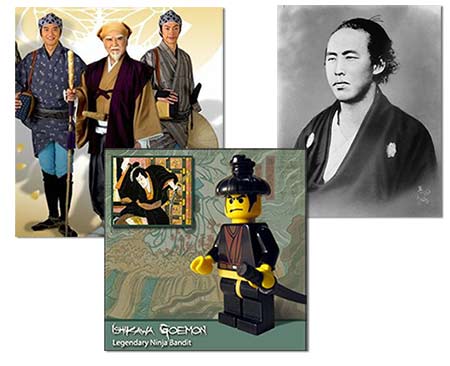The word “salaryman” is a wasei-eigo (lit. “made-in-Japan English”) term referring to a salaried male employee of a company. The word came into use in the Taisho Period (1912-1926) to describe the new professional class of company employees doing jobs we’d think of as “white collar,” and during Japan’s period of rapid economic growth in the postwar years these salarymen were responsible for Japan’s economic miracle. The trademark of the salaryman is his conservative dark suit, called a sebiro in Japanese, which probably came from the English word “civil” since they are civilian clothes, i.e. not a military uniform. Although the salaryman is still the basis on which Japan’s modern economic society is built, there are an increasing number of people turning on their backs on working full-time in a monolithic company, whether it’s young people who choose to live as freeters, never tying themselves to one job for long, or men who escape their status as salarymen (known as datsu-sara), quitting their jobs to open a restaurant or a Japanese inn or go into business for themselves. The word salaryman describes male employees; female employees would likely be called “office ladies” (OLs) if they’re doing standard clerical work, or “career woman” if they’ve made a choice to pursue their careers, which puts them in a different career track than normal OLs. Personally, I can’t get past the fact that labels are used in such an overt way in Japan, the ultimate land of subtlety, where in the “always say exactly what you’re thinking” U.S. it would be much more common for a more general term to be used for all employees.
















